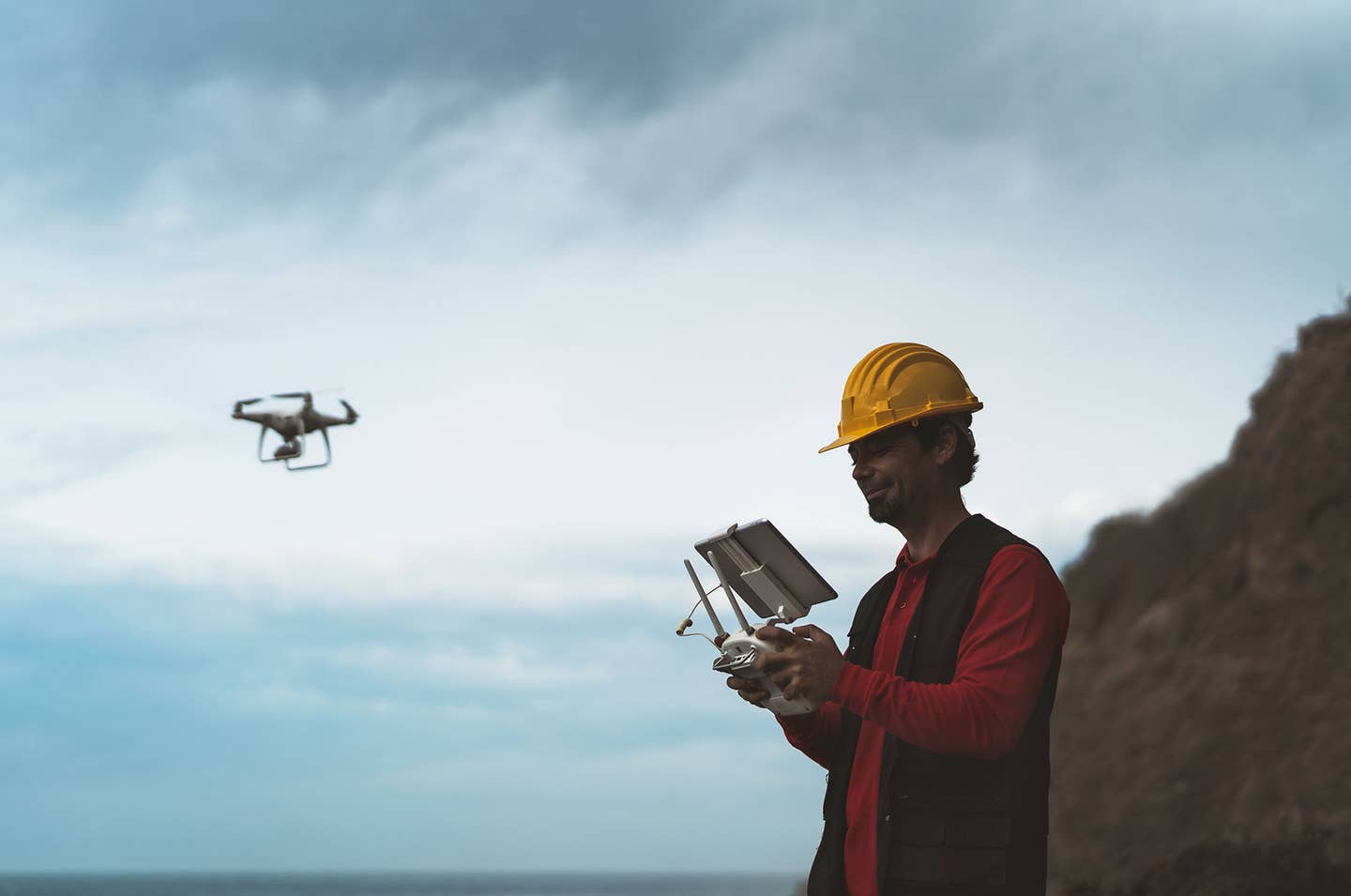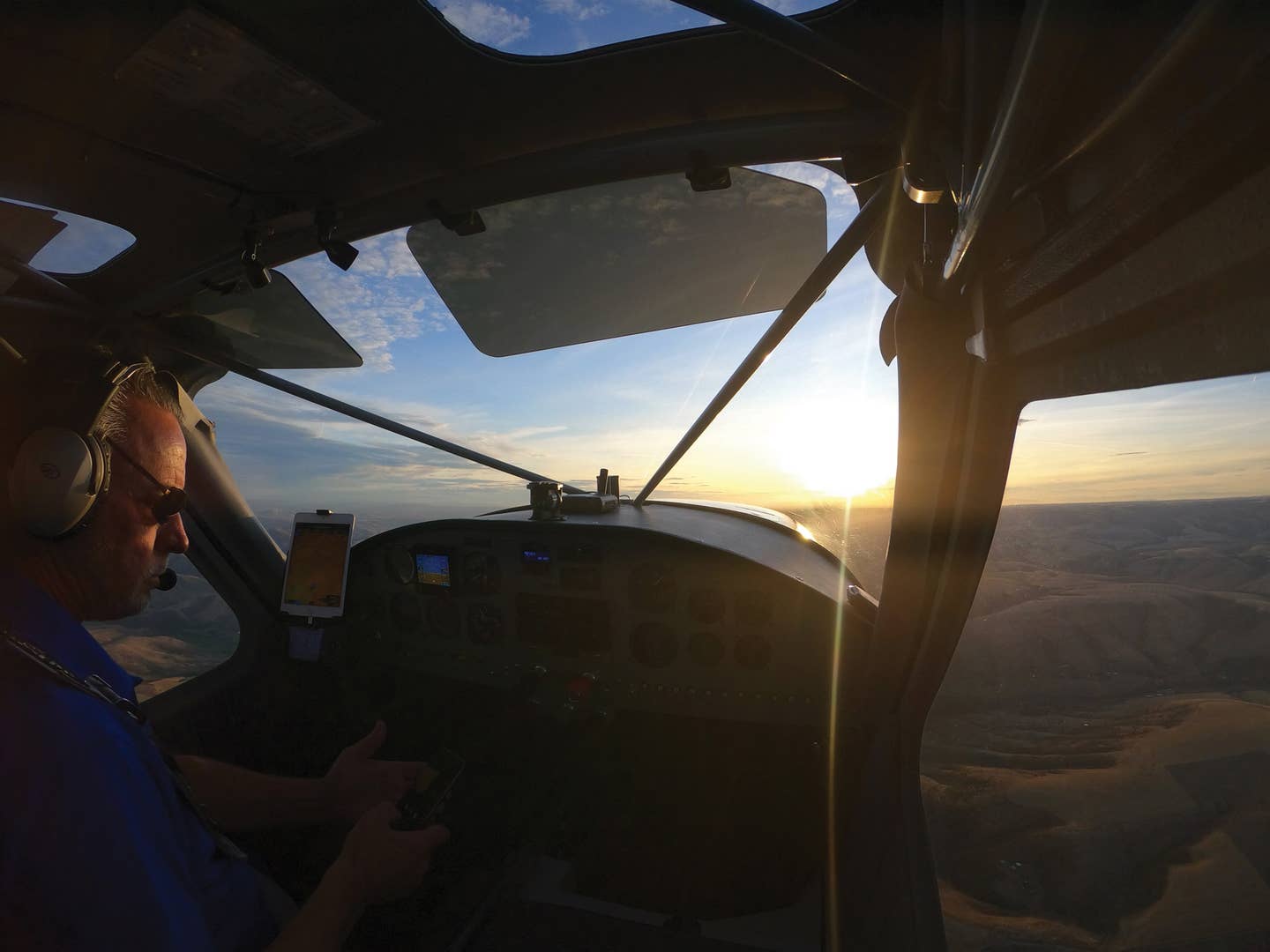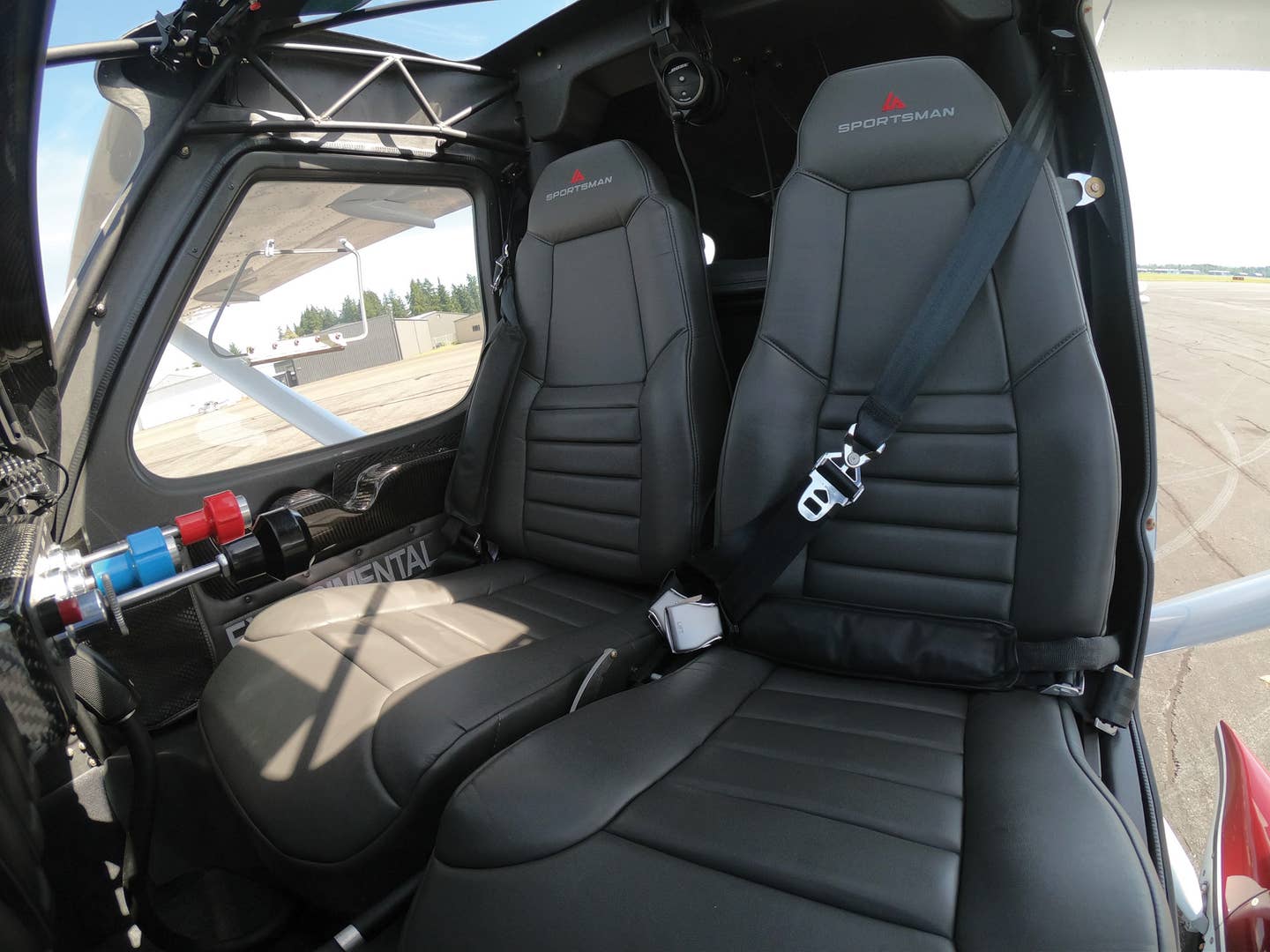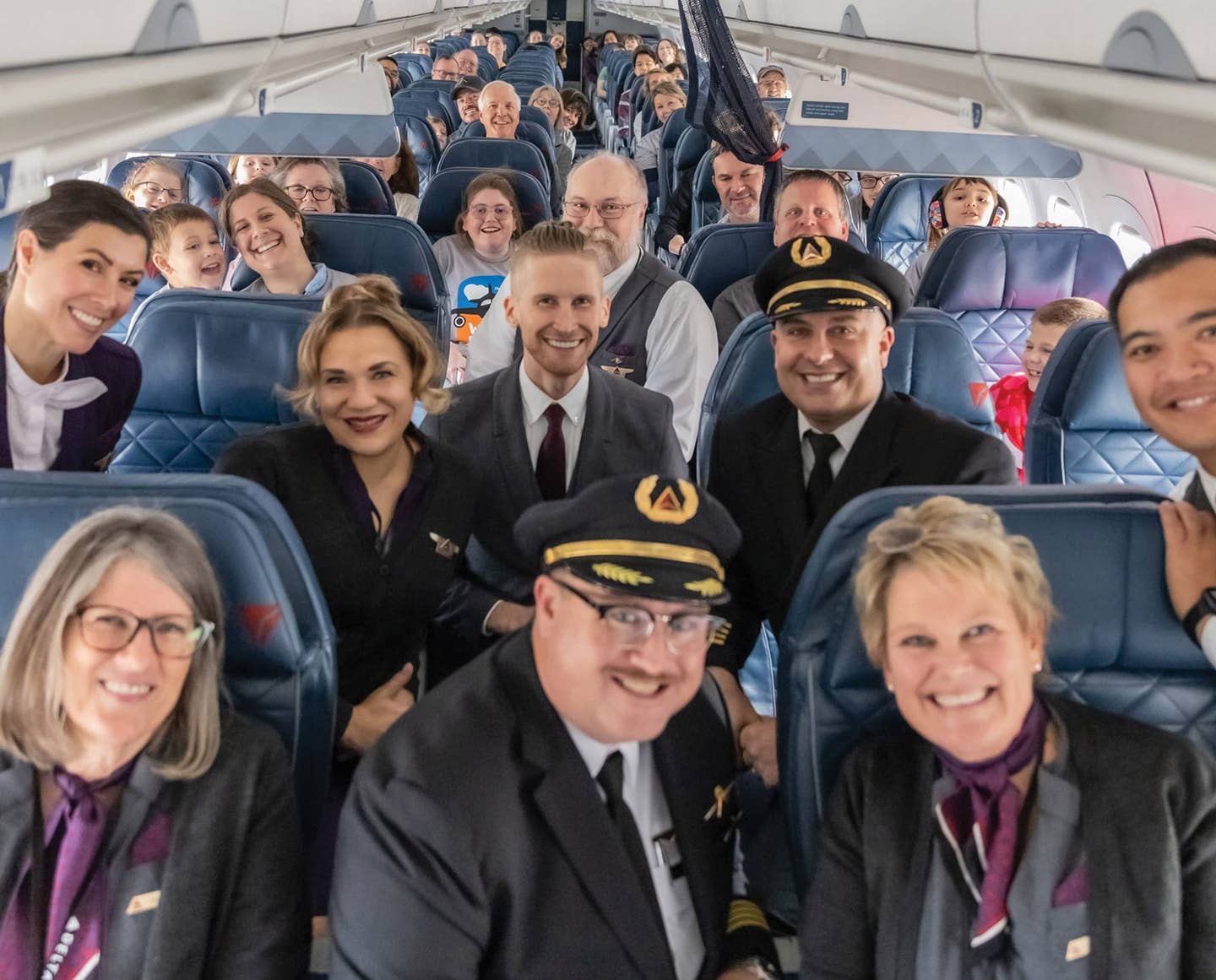How to Land Dream Drone Pilot Jobs
A new career may be just around the corner.

[Image: Adobe Stock]
When I first started in the drone industry, it wasn't easy to find work. I lived in rural Montana at the time, and my first few gigs included filming a field growing an experimental version of corn, making a commercial for a small gym, and trying to repair a drone someone traded a horse for—only to crash it on their first flight. The gigs were spaced weeks apart from each other. It made me wonder if I could make a living as a UAV operator.
Thankfully, things have changed. The drone industry is rapidly growing, and most projections predict a continuing trend for many years. As the industry grows, so does the need for licensed drone pilots. With more than 370,000 Part 107 drone pilots in the U.S., you may think the market is saturated. Nothing could be further from the truth.
As new innovations continue to expand the possibilities of drone applications, the need for pilots will continue to increase. If you’re already a pilot or thinking of becoming a pilot, you are in a much better position than I was in Montana many years ago. Now, the only real questions are which drone pilot jobs you want to land and how to get the highest-paying gigs.
Employee or Freelancer?
Before finding the best jobs for drone pilots, addressing the differences between freelance pilots and full-time employees is important. Freelance commercial drone pilots work for themselves. Employed UAV operators are hired by a company and have set hours and responsibilities.
Each has pros and cons, and deciding which is best depends on your specific needs and interests. Some pilots even do hybrid work, working as employees during the day and as freelance UAV operators during off hours.
Typically, employees are limited in what they can earn, but have benefits like healthcare, unemployment, and 401Ks. Freelancers can potentially make as much as they want but don't have the security of a steady paycheck with benefits. The advice in this article can be applied to whichever drone pilot career path you choose.
Essential Skills and Qualifications for Aspiring Drone Pilots
Drone operator jobs are plentiful, but there are a few prerequisites before you can legally take to the skies.
- Become an FAA-certified drone pilot
- Learn to fly drones proficiently
- Build the skills needed for your niche
Before legally flying drones for commercial purposes, you must pass the FAA's Part 107 exam and meet the following requirements.
- Be at least 16 years old
- Be able to read, write, speak, and understand English
- Be in a physical and mental condition that enables you to safely fly a UAS
As long as you meet these requirements, you can start learning the material for the exam. You can try to learn the material on your own, but most people find it best to use online courses. Many excellent providers exist, such as Altitude University, Gold Seal, and the Pilot Institute.
Courses like these will help teach you the material on the exam and provide you with sample Part 107 exams. These resources are key to understanding the format and types of questions you will be given on the official test.
After the Exam
Once you pass the test, your focus will need to switch to becoming a proficient drone pilot. Drone pilot recruitment efforts in the commercial world will never focus on anyone who isn't a Part 107 pilot. Even freelancers will not be hired by legitimate clients without their Part 107 certification. This means that having your license will not distinguish you from other pilots. You must have skills as a pilot beyond your certification.
Practice flying your drone in a wide range of conditions and maneuvers related to the work you wish to do. The FAA doesn’t perform a flight test on commercial drone pilots, so it’s your responsibility to become proficient and safe.
While there’s no set flight hour requirement, I find that after logging 40 hours, most pilots are pretty good. I've worked with some companies that refuse to fly with drone pilots who have less than 350 hours. The more stick time you get, the better off you’ll be.
Skills for Success
Successful drone pilots must also cultivate a blend of technical, analytical, and soft skills.
Technical proficiency includes understanding drone mechanics, software applications, and flight control systems. Analytical skills are equally important. Part 107 pilots need to interpret data captured during flights, such as mapping or thermal imaging, to provide actionable insights to clients.
The best pilots are also creative thinkers in fields like cinematography and real estate. In these areas, innovative aerial shots and unique perspectives can significantly enhance the final product. Mastering related skills ensures that aspiring drone pilots are well-prepared for the industry's evolving demands—and its highest-paying gigs.
Finding Drone Pilot Jobs: Where to Look
If you want to find your dream job, it helps if you know where to look. Drone jobs are everywhere, but starting your search in these locations will save you time and help you find the best gigs out there.
- Online job boards and websites dedicated to drone careers
- Networking within the drone community
- Direct opportunities in industries
Online job boards are one of the very best places to start. If you want to get hired full-time, start with the biggest recruiting sites, such as Linkedin and ZipRecruiter. If you are freelancing, sites like Droners.io and FlyGuys will save you lots of time.
Networking within the drone community is also beneficial. Social media groups and forums like those on LinkedIn, Facebook, and Reddit provide valuable connections and job leads. The various drone conferences and expos held each year can also lead to work, as many attendees come with hiring in mind.
Remember to look directly at the industries you want to work in. Some industries consistently seek skilled drone pilots. Examples include agriculture, where pilots can monitor crops, and the oil and gas industry, where drones are crucial for preventive maintenance and inspections. Directly approaching companies in these sectors can lead to promising job opportunities.
Build a Portfolio That Stands Out
Your portfolio will be your greatest asset when landing your dream drone job or gig. A strong portfolio is like a visual resume highlighting your skills, experience, and professionalism. It provides potential employers or clients with evidence of your capabilities and the level of quality you will provide them.
To create a portfolio that stands out from the crowd, showcase a variety of skills and projects. Diversity demonstrates your adaptability and expertise across different applications, whether in aerial photography, surveying, real estate, or inspection work. Include high-quality images and videos from various projects illustrating your range and technical proficiency.
If you have them, add testimonials and case studies to bolster the credibility of your work. Reviews from satisfied clients or employers provide social proof of reliability and success. Case studies can offer insight into how your skills or services can impact the client. Many of the major drone manufacturers offer case studies on their sites for free. Together, these elements create a portfolio that significantly enhances your chances of getting hired.
Ace the Interview—and Land the Job
If you see the sign in the front window for "Drone Operator Needed," you must be ready for the interview process if you plan to apply. Even as a freelancer, every gig you apply to with a new client is essentially an interview. Professional commercial drone pilots are good at three essential interview skills.
- Preparing for common interview questions
- Demonstrating enthusiasm and knowledge about drone technology
- Negotiating contracts and salaries
You should be ready to answer common questions about your experience, technical skills, and problem-solving abilities. Practicing responses to questions such as "Can you describe a challenging flight mission and how you handled it?" can demonstrate expertise and confidence.
Discussing recent industry trends and technological advancements and how they impact drone operations reflects a commitment to the field. Sharing personal projects or experiences can also highlight passion and initiative. Remember to mention how important safety is to you.
Finally, effective negotiation skills are crucial. Researching industry standards and confidently expressing your value can help negotiations. Highlight how your specific skills and experiences align with the company's/client's needs, ensuring them that hiring you benefits everyone.
Succeeding as a Professional Drone Pilot
Landing your dream drone job also means staying at the top of your game. Drone technology constantly changes, and you can get lost in the shuffle if you fail to move with the industry.
Continuing education and skill development will help you adapt to new innovations and changing regulations. Pursuing advanced certifications and participating in workshops can enhance your knowledge and capabilities.
Networking and building professional relationships are also great for career growth. Engaging with industry peers, attending conferences, and joining professional associations can open up new opportunities and collaborations. Organizations like AUVSI and DRONERESPONDERS are excellent places to start. My favorite annual conferences include AUVSI's XPonential and the Commercial UAV Expo.
When I started in the drone industry, finding work was challenging. Now, with the industry's rapid growth, opportunities for licensed drone pilots are abundant. Mastering essential skills, building a strong portfolio, and keeping up-to-date on trends are crucial for success.
Whether freelancing or working for a company, starting with FAA Part 107 certification is key. Online courses from Altitude University and the Pilot Institute can help you get certified and excel. Enroll in training to begin your journey toward a dream job as a commercial drone pilot.
FAQ
How much do drone pilots get?
There are many variables that affect how much you can earn as a UAV operator. Annual salaries can range from just under $50K to well over $100K.
How do I start a career as a drone pilot?
First off is getting your Part 107 remote pilot certification. Until you pass the Part 107 exam, you cannot legally operate commercial drones. Online courses, like those provided by Altitude University, are an excellent resource when beginning your journey as a commercial drone pilot.
How much do drone pilots make in Florida?
According to Salary.com, the average is $46,322. It’s important to remember that depending on how much you want to work and how specialized you become, you can earn well into the six-figure range.

Subscribe to Our Newsletter
Get the latest Plane & Pilot Magazine stories delivered directly to your inbox






